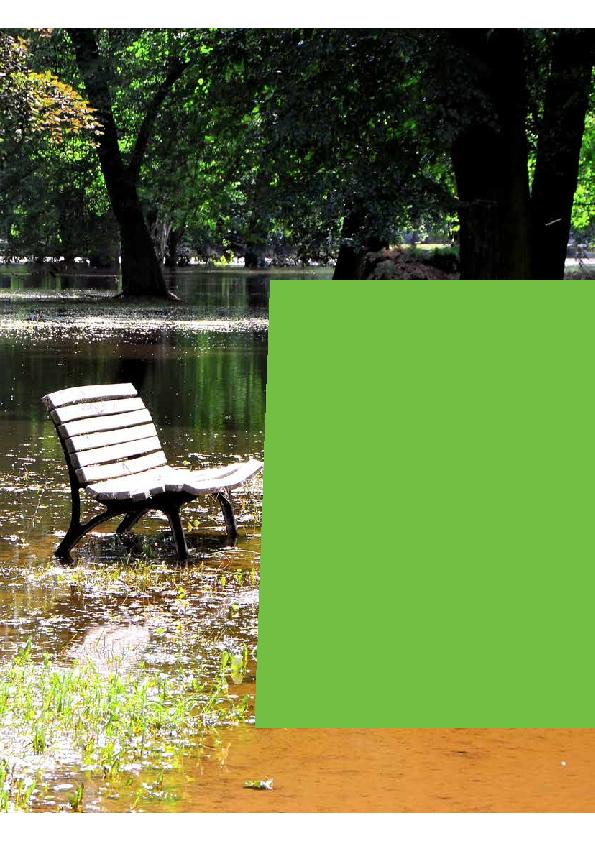
minerals was being converted to "nominal wealth" in bank balances at
a rate faster than it could be replaced. Eight decades of unsustainable
development later, we're beginning to appreciate the monetary value
inherent in the earth's stockstock in which we are all shareholders, our
natural capital that is more inclusive than land and minerals.
economy: goods such as the air we breathe, the water we drink, the
stone and timber with which we build, and the crops and fish we eat;
services such as the dispersion of exhaust emissions, the dilution of
effluent discharges and the adsorption of carbon. There is no charge for
an aquifer to collect rainfall, filter it and make it available for human
consumption; no charge for a tree to take in carbon dioxide and give out
oxygen. Nature provides these goods and services for free. Economists
call them externalities, vital to the success or failure of a business but
rarely found in business plans or annual accounts.
expenditure nineteen pounds nineteen shillings and sixpence, result
happiness. Annual income twenty pounds, annual expenditure twenty
pounds and sixpence, result misery." As with financial capital, if we
regularly replenish our bank accounts and live within our means, our
lifestyle is sustainable. If we overspend, we go bankrupt and our lifestyle
is degraded. When we draw on natural capital, we also need to replenish:
replant our forests, recharge our aquifers and restock our fisheries, or
our environment is degraded. Business-as-usual since the start of the
Industrial Revolution has been to draw down our natural capital without
replenishment. To continue risks ecological bankruptcy.